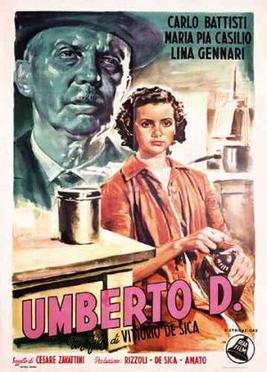To begin with, both information and knowledge are different, in both film production, and in film theory.
-Film production, is an extremely technical practice. The steps people take in producing movies are on a par with being a mechanic at an auto shop, very specific and concrete. Information in film studies, like any technical field, is often times instructional, scientific, and process based. On a broad scale, information in a production of a film carries linearly from pre to post production. An idea is first created on paper, it is then moved from paper to raw footage, and from raw footage to an edit. On a smaller scale, the information of specific jobs on set, is like I said, very “mechanical”. For example, here’s an extremely simple diagram, that explains how aperture (iris) size effects the depth of field (area of the shot that is in focus/sharp) :

-Knowledge, in film production, is being able to take the concrete technical information, and being able to know how to use it to make decisions on set. For instance, a cinematographer needs to know how to compose a shot that puts emphasis on the environment that a character is in. He understands the facts (information), that a 20mm lens will cover a wider space than a 200mm lens, hence he makes the decision to use the 20mm lens to capture more of the environment around the character.

-Film theory is not a technical field, and thus is much more open ended. Information in film theory, isn’t exactly as scientific or focused on process as information is in production. Information in film theory is often based within the context of the film(s) being examined. For example, if a historian is examining Italian Neo-realist films, much of the information/ meaning of those films, comes from the surrounding context of Italy immediately following WW2.
-“Most of us, in fact, have extremely vague notions about how moving images are formed and how they are structured to create the multitude of messages sent out to us by the audiovisual media on an almost continuous basis. If we made an analogy with the verbal language, we should be forced to consider ourselves barely literate- able to assimilate the language form without filly comprehending it.” (Cook, 2004) This quote from “A History of Narrative Film”, demonstrates that film is a language in and of it’s self. Historians and theoreticians build information and knowledge, by striving to understand the language of film.
 (Umberto D, Italy, 1952)
(Umberto D, Italy, 1952)
-Knowledge, in film theory, is being able to take the contextual/ tangible facts of a film or film history, and being able to understand how the facts effect the film as a whole. For example, a film historian may understand the fact Neorealist films followed world war two in Italy, but it takes knowledge to infer why this time period effected the content of the films themselves.